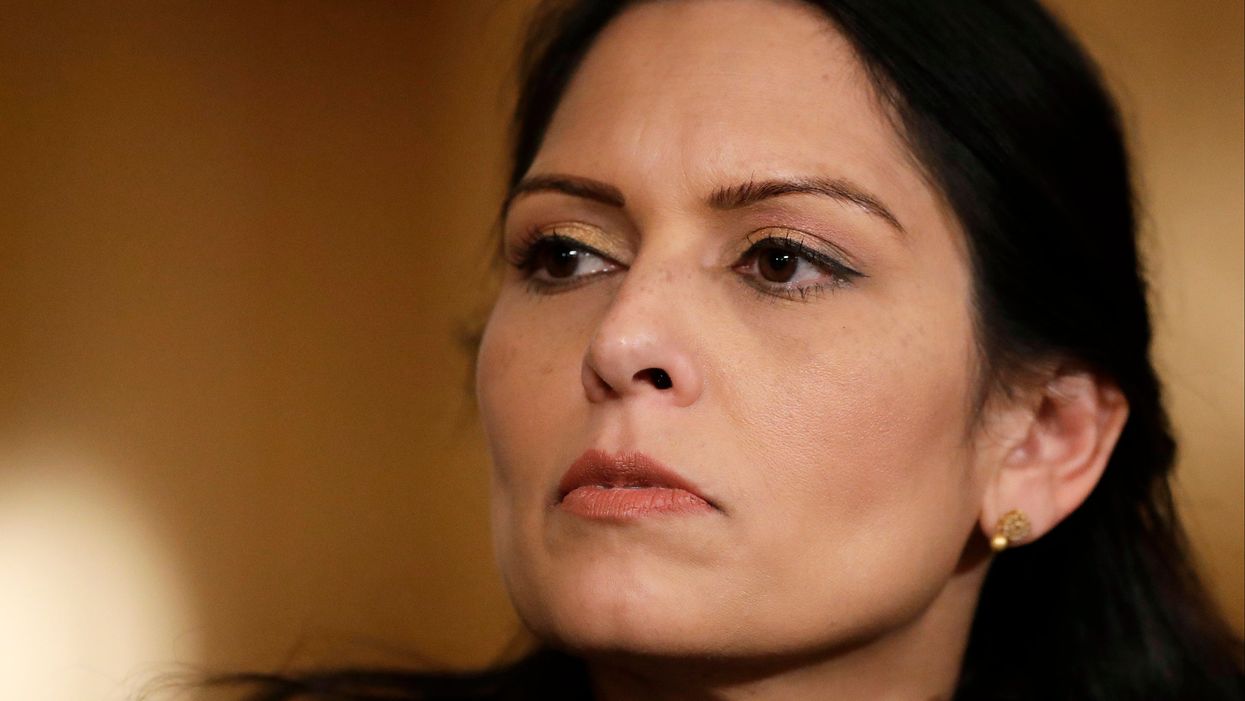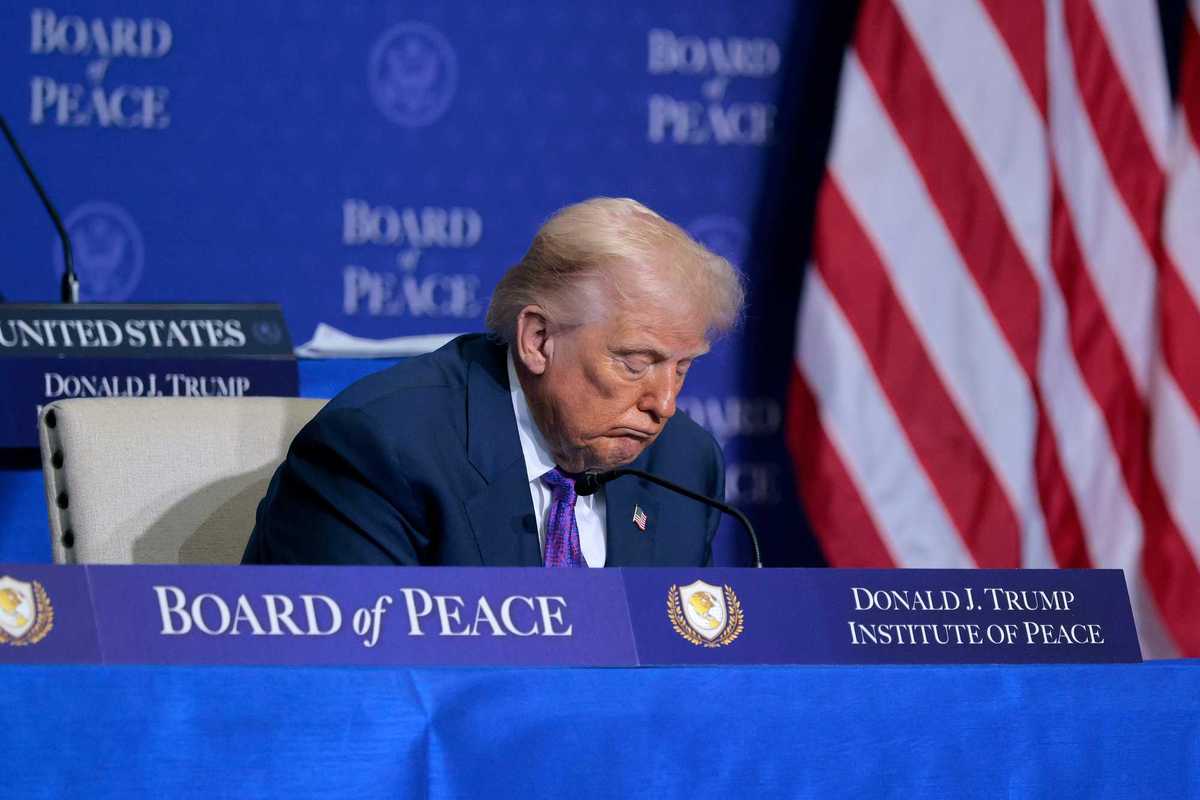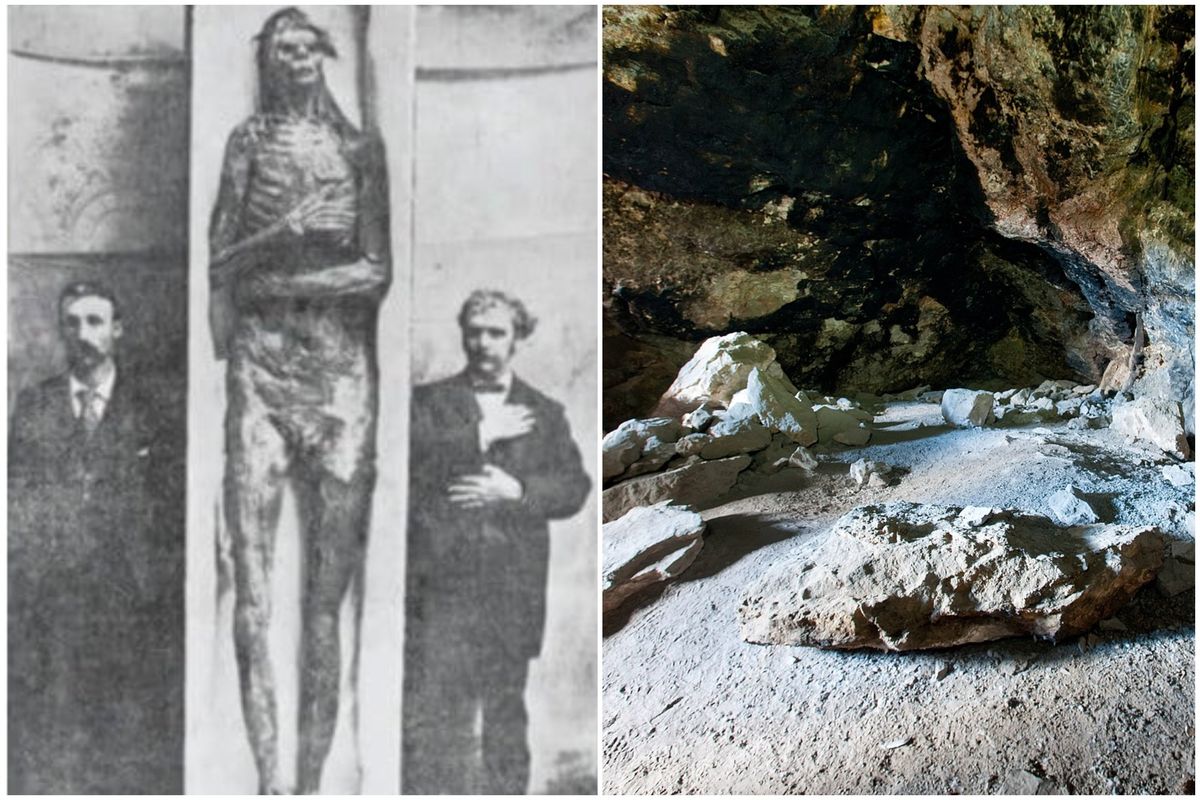Kate Plummer
Mar 24, 2021
Today, Home Secretary Priti Patel unveiled sweeping reforms to Britain’s immigration system.
For the first time, people seeking protection as refugees could have their claim assessed based on how they arrived in the UK, if the plans are approved, with a two tier system in place.
The policy, which shows Britain widely demarcating from EU policy now that Brexit has been done, has already been met with fierce criticism and praise from the left and right respectively.
Here is the full breakdown of the controversial policy.
What is Patel proposing?
Patel has pledged to remove people who enter the UK who have travelled through a “safe country” in which they could have claimed asylum.
Read more:
- TikTok user’s bikini pic accidentally features an X-rated optical illusion
- White headmaster forces black student to apologise the ‘African way’
- Uber passenger who coughed on driver faces up to 16 years in jail
- People are hijacking the Joe Biden fall hashtag to make an important point
She has said the “firm but fair” policy is based on three key aims: To support those in genuine need via safe and legal routes, to break the life-threatening business of criminal peoples mugglers and to make it easier to remove illegal arrivals with no right to be here.
As well as stopping those who have travelled through safe countries, which has garnered the most public attention, the maximum sentence for illegally entering the UK will increase, as will new maximum life sentences for people smugglers.
Patel has also pledged to speedup the removal of failed asylum seekers and strengthen powers the border force have to stop and search small boats and search containers for hidden migrants. Another proposal will bring in age checks to stop adults entering the UK by pretending to be children.
Anyone arriving illegally will have limited reunion rights and limited access to benefits. Patel said: “If people arrive illegally, they will no longer have the same entitlements as those who arrive legally, and it will be harder for them to stay.”
Refugees who have resettled legally, conversely, will be granted indefinite leave to remain. And the new plan will also seek to “better integrate refugees who are resettled”.
Asked if she had made deals with EU countries to take asylum seekers who had travelled through their countries to the UK, she said the UK was “in discussions” with EU states and that they had a “moral duty” to agree to her plans.
Why are these measures being proposed?
Speaking on BBC Radio 4’s Today programme Patel claimed the current system was “playing into the hands of people smugglers and criminals”.
She has also said people should settle in the first safe country they reach.
“These are not war zones. They are safe countries,” she added.
She also claimed the system will be “fairer”.
Speaking about law firms who work on immigration appeals, she said it “is simply not right that they are preventing us from removing murderers and rapists, some of the most awful individuals that have participated in terrible criminality in the United Kingdom.”
Patel also claimed the system is presently “clogged up” with bogus claims.
How have people reacted?
Responding to the announcement, various charities and international bodies have slammed the proposals. A spokesperson from the UN’s refugee agency said Patel was misrepresenting international law to push a hardline agenda against asylum seekers. He said:
“Anyone seeking asylum should be able to claim in their intended destination or another safe country.
“Some claimants have very legitimate reasons to seek protection in specific countries, including family or other links.”
Meanwhile, British Red Cross chief executive Mike Adamson said the announcement “takes the system backwards not forwards.”
“People do not leave their homes in countries many miles away on a whim,” she added.
“Asylum is a life-saving last resort for some of the world’s most traumatised and persecuted people. These plans significantly reduce the protection available to people without addressing the fundamental weaknesses in our own system.”
Safe Passage International chief executive Beth Gardiner-Smith said: “These proposed reforms will do nothing to prevent dangerous channel crossings, whilst making the lives of many who have fled war and persecution a misery.”
The Labour Party has also issued a response. Shadow Home Secretary Nick Thomas-Symonds warned: “Measures are clearly needed to speed up processes and stop criminal gangs profiting from dangerous crossings.
“However, we fear these plans will do next to nothing to stop people making dangerous crossings, and risk withdrawing support from desperate people, such as victims of human trafficking.”
But Patel insisted that her proposals were in line with international law and the European convention on human rights and said the government would “expand safe and legal routes options” for asylum seekers.
There were 35,099 asylum claims made in the UK during the year ending March 2020, with Iran, Albania and Iraq providing the most applicants. Some 8,000 of these crossed the English Channel in small boats.
It will fall to Parliament to scrutinise these proposals in due course.
More: Stories of shock and survival: Months after the Beirut explosion, residents are still mourning
Top 100
The Conversation (0)














